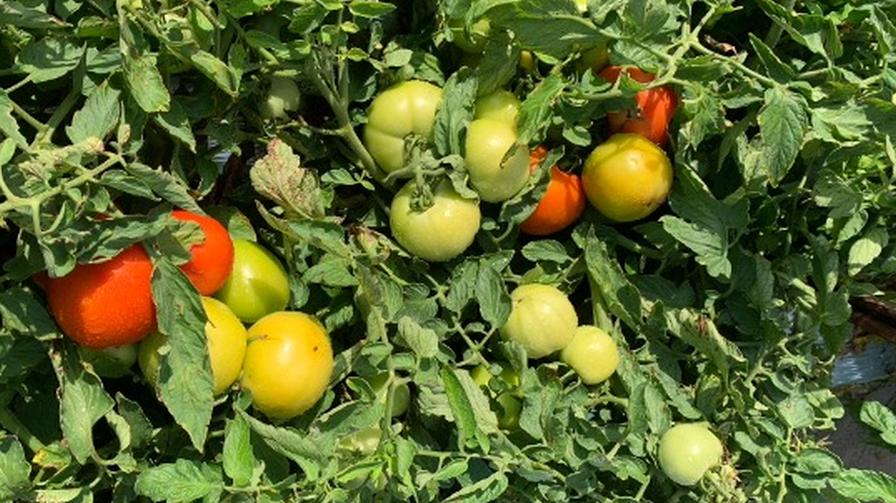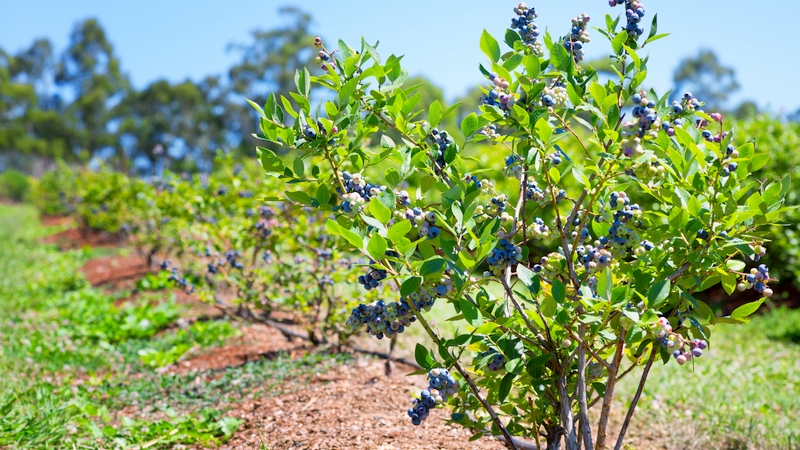UF Launches New Initiatives To Help Citrus Growers
Florida’s citrus growers have shown extraordinary determination in recent years. Despite numerous challenges — including hurricanes, disease, regulatory changes, rising fuel costs, and foreign competition — the industry remains successful.
Nonetheless, changing times demand innovation. Growers need better ways of producing high-quality fruit. The University of Florida’s (UF) Institute of Food and Agricultural Sciences has heard your concerns and we are responding. UF’s citrus research, Extension, and education programs are making great strides to keep pace with production challenges.
Enhanced Communication
Growers have told us they’d like more contact with the UF citrus research and Extension team. So we’re launching a monthly e-mail newsletter to keep the industry informed about the latest efforts on greening, canker, and other issues.
Titled “Citrus Industry Update,” the newsletter will begin publication shortly and will be distributed electronically to growers, industry associations, county Extension offices, and others.
Faculty members with citrus entomology and plant pathology expertise are spending more time with growers. And we’re forming an advisory group of UF scientists to keep myself and other administrators informed on issues related to citrus production.
Greening Research
Citrus greening tops the list of concerns for growers, and much of our work focuses on the Asian citrus psyllid, which spreads the bacteria that cause greening. We’re investigating how the psyllid acquires greening bacteria, transmission rates, and possible methods to prevent transmission. To manage the insect, we’re testing new pesticides and application strategies for existing pesticides, monitoring for evidence of pesticide resistance in psyllids, and screening insect toxins that may be useful in developing transgenic psyllid-resistant citrus plants.
Planning is under way to field-test psyllid suppression methods. We’ll establish a new entomologist position at the Indian River Research and Education Center and at the Southwest Florida Research and Education Center to facilitate tests locally.
We’ll also refocus a county Extension faculty position to concentrate on entomology on a regional basis. This person will address immediate needs, which include evaluation of current psyllid suppression methods, and scouting and detection of greening.
So far, diagnosing citrus greening has only been possible during late stages of the disease, often long after trees are infected. This has hindered management efforts. Projects are under way to compare existing and new diagnostic methods, refine field-ready diagnostic methods, and investigate DNA/RNA extraction from infected trees. Improvements continue in the United States Sugar Corporation-UF collaborative diagnostic laboratory in Clewiston. Plans are progressing to develop an additional lab at the Southwest Florida Research and Education Center.
We’re also striving to culture greening bacteria, investigate how greening bacteria interact with citrus trees, sequence the DNA of greening bacteria, identify other bacteria found in infected citrus tissue, and develop greening-resistant citrus varieties.
Canker Efforts
As our fight against greening expands, new efforts are being made to combat canker. Windbreaks planted around citrus groves are an effective method to discourage windborne canker bacteria, and we’re working to identify tree species and planting methods best suited to the task. We’re also evaluating air flow through existing plantings of natural windbreaks.
To combat the citrus leafminer, which makes citrus trees more susceptible to canker infections, we’re pursuing integrated pest management and developing best management practices for pesticide application to minimize risk to beneficial arthropods such as spiders and honeybees. In addition, efforts aimed at both canker and greening include evaluation of improved citrus rootstocks, development of faster growing sweet orange varieties suitable for genetic engineering, and an expedited cultivar release program to put new citrus varieties on the market sooner.
Substantial funding to support these and other research projects addressing citrus greening and canker has been provided by the Florida citrus industry. We appreciate the steadfast support and confidence of Florida’s citrus growers. Together, the industry and UF’s Institute of Food and Agricultural Sciences will ensure that Florida citrus remains the world’s standard and the state’s pride.









